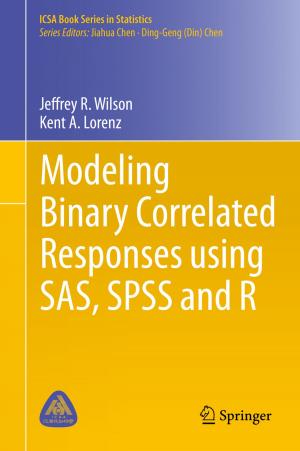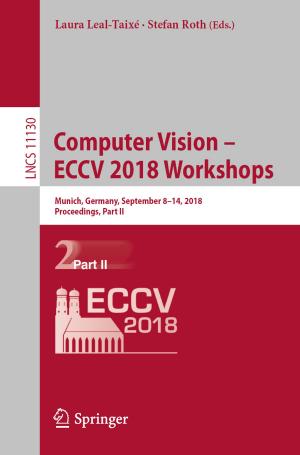Representing Communism After the Fall
Discourse, Memory, and Historical Redress
Nonfiction, Reference & Language, Language Arts, Linguistics, Health & Well Being, Psychology, Social Psychology| Author: | Cristian Tileagă | ISBN: | 9783319973944 |
| Publisher: | Springer International Publishing | Publication: | October 22, 2018 |
| Imprint: | Palgrave Macmillan | Language: | English |
| Author: | Cristian Tileagă |
| ISBN: | 9783319973944 |
| Publisher: | Springer International Publishing |
| Publication: | October 22, 2018 |
| Imprint: | Palgrave Macmillan |
| Language: | English |
This book explores the contribution of discursive psychology and discourse analysis to researching the relationship between history and collective memory. Analysing significant manifestations of the moral vocabulary of the Romanian transition from communism to democracy, the author demonstrates how discursive psychology can be used to understand some of the enduring and persistent dilemmas around the legacy of communism. This book argues that an understanding of language as an action-oriented, world-building resource can fill an important gap in the theorizing of public controversies over individual and collective meaning of the recent (communist) past. The author posits that discursive social psychology can serve as an intellectual and empirical bridge that can overcome several of the difficulties faced by researchers working in transitional justice studies and cognate fields. This reflective book will appeal to students and scholars of transitional justice, discursive psychology, memory studies, and the sociology of change.
This book explores the contribution of discursive psychology and discourse analysis to researching the relationship between history and collective memory. Analysing significant manifestations of the moral vocabulary of the Romanian transition from communism to democracy, the author demonstrates how discursive psychology can be used to understand some of the enduring and persistent dilemmas around the legacy of communism. This book argues that an understanding of language as an action-oriented, world-building resource can fill an important gap in the theorizing of public controversies over individual and collective meaning of the recent (communist) past. The author posits that discursive social psychology can serve as an intellectual and empirical bridge that can overcome several of the difficulties faced by researchers working in transitional justice studies and cognate fields. This reflective book will appeal to students and scholars of transitional justice, discursive psychology, memory studies, and the sociology of change.















